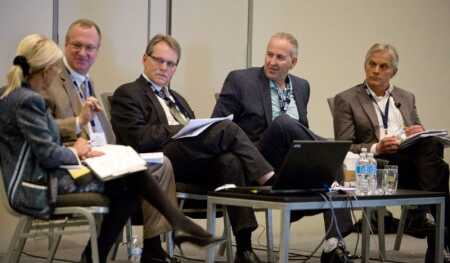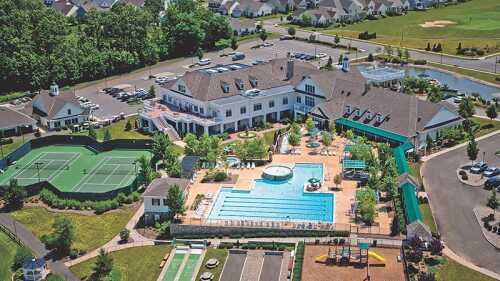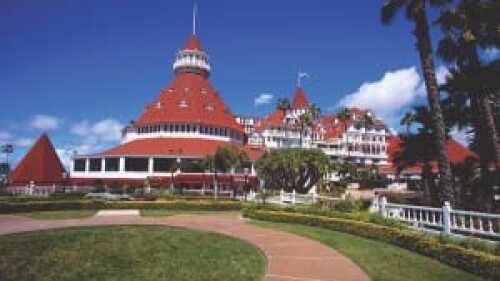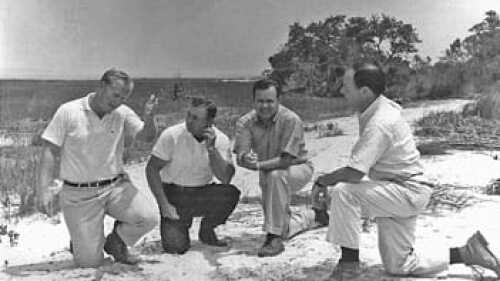At a 2014 ULI Spring Meeting panel in Vancouver, three successful resort developers discussed how they are achieving success by focusing on health, wellness, and activities that bring together family members across all generations—even ex-spouses.
Ed Romanowski of Canada-based Bellstar Hotels and Resorts noted that “many resorts are being bulldozed for lack of planning for transition.” To avoid this, developers must design resorts to serve a wide range of generations now and in the future, focusing on a triple bottom line that includes financial, environmental, and community sustainability.
Bellstar’s Spirit Ridge resort, located in the desert wine country of British Columbia, Canada, was designed for a broad range of markets, uses, and age groups. An integral part of its surrounding community, Spirit Ridge sponsors an annual Christmas tree festival that draws thousands of visitors, and maintains an ongoing partnership with nearby First Nations communities.
In developing Spirit Ridge, the company faced a variety of challenges ranging from protecting endangered vegetation and animals (even rattlesnakes) to helping customers obtain financing for their purchases. At the same time, Bellstar is planning for a future that could involve transitioning resort properties to other uses, such as communities for active retirees.
One way to ensure a resort’s long-term success, said Gregory Ashley of Replay Resorts, is to meet customers’ varied and demanding desires. Successful resorts should provide opportunities such as:
- State-of-the-art fitness facilities, yoga classes, “boot camps,” spas, and even physiotherapy for “vacation warriors”;
- Immersion in local culture—for example, inviting both locals and guests to perform at an “open-mic night”;
- Guided experiences to help guests make the most of their vacation time in meaningful ways;
- Connecting with healthy food sources—“farming is the new golf”; and
- “Eventfulness”—keeping the resort community alive with weddings, special events, affinity travel groups, and more.
“I started developing golf resorts for my dad’s generation, but by the end of the 1990s, that line of business began to fall apart,” remarked Richard A. Sonntag of Pivotal Group. “The [days of] guys retiring with big pensions who could buy a place in Scottsdale have ended. We still need golf courses because many families have a golfer, but what other amenities do we need to offer?”
Baby boomers make decisions differently than their “greatest generation” parents did, Sonntag went on. Many boomers can be characterized as what Sonntag calls “bobos”—boomer bohemians. This group empowers their families; when they buy real estate, everyone in the family gets a vote.
Promontory, a resort in Park City, Utah, developed by Pivotal, bills itself as “a mountain club for all seasons and all generations of your family.” The array of amenities and activities includes an ice rink, multiple swimming pools, fitness facilities, horseback riding, nature watching, trail riding, hiking, camping, fishing, boating, skiing, basketball, bowling, an art studio, and an outdoor amphitheater. Kids have their own clubhouse with a full-time arts and crafts director, a water slide, a tree tower, a nature camp, and private guides and trainers. The resort’s chef operates a farm-to-table program. There is something for everyone throughout the year, including “me time” and “us time” for family members of all ages.
Even golf is changing at today’s resorts. Many are bucking the “purists” to offer nine-hole courses that can be played in just two hours. Some resorts even allow golfers to play barefoot. That is when you know this is no longer your dad’s golf resort.





